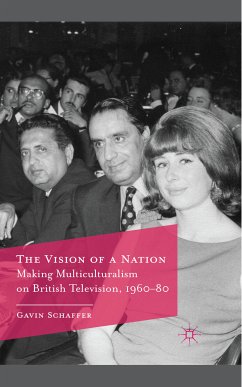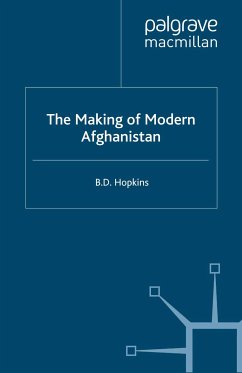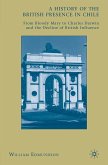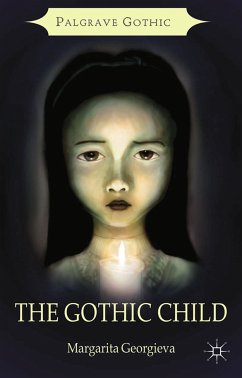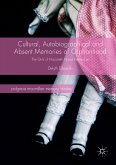Dieser Download kann aus rechtlichen Gründen nur mit Rechnungsadresse in A, B, BG, CY, CZ, D, DK, EW, E, FIN, F, GR, HR, H, IRL, I, LT, L, LR, M, NL, PL, P, R, S, SLO, SK ausgeliefert werden.
"Schaffer's study ... builds on existing work by scholars like Sarita Malik, Stephen Bourne, Karen Ross and Darrell Newton, but adds a good deal that is new, in what is a well-researched, copiously referenced and excellently presented historical account." - European Journal of Communication
"The sources used are extensive and impressive. ... [A] very readable and thoroughly researched volume on a complex and often contentious topic. It should be of interest to students and researchers of media and cultural studies together with historians of modern Britain." - Historical Journal of Film, Radio and Television

